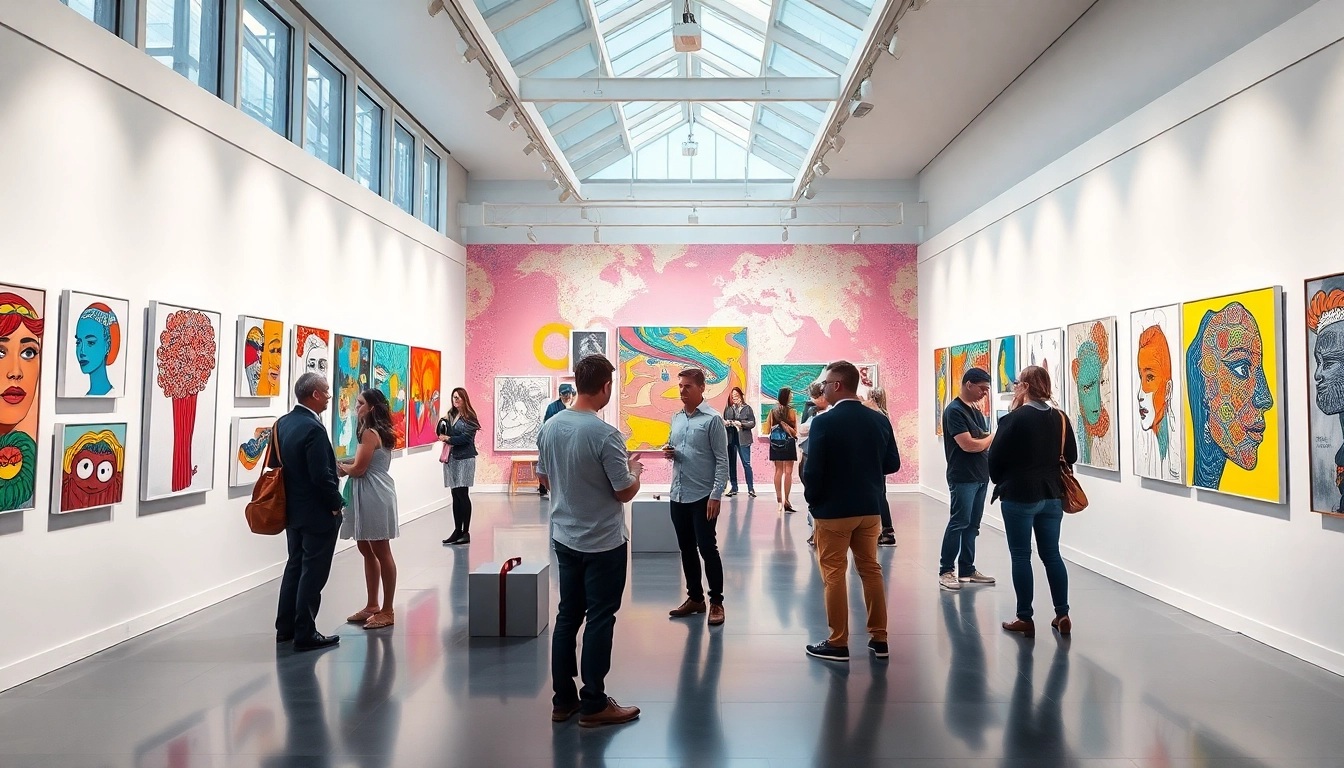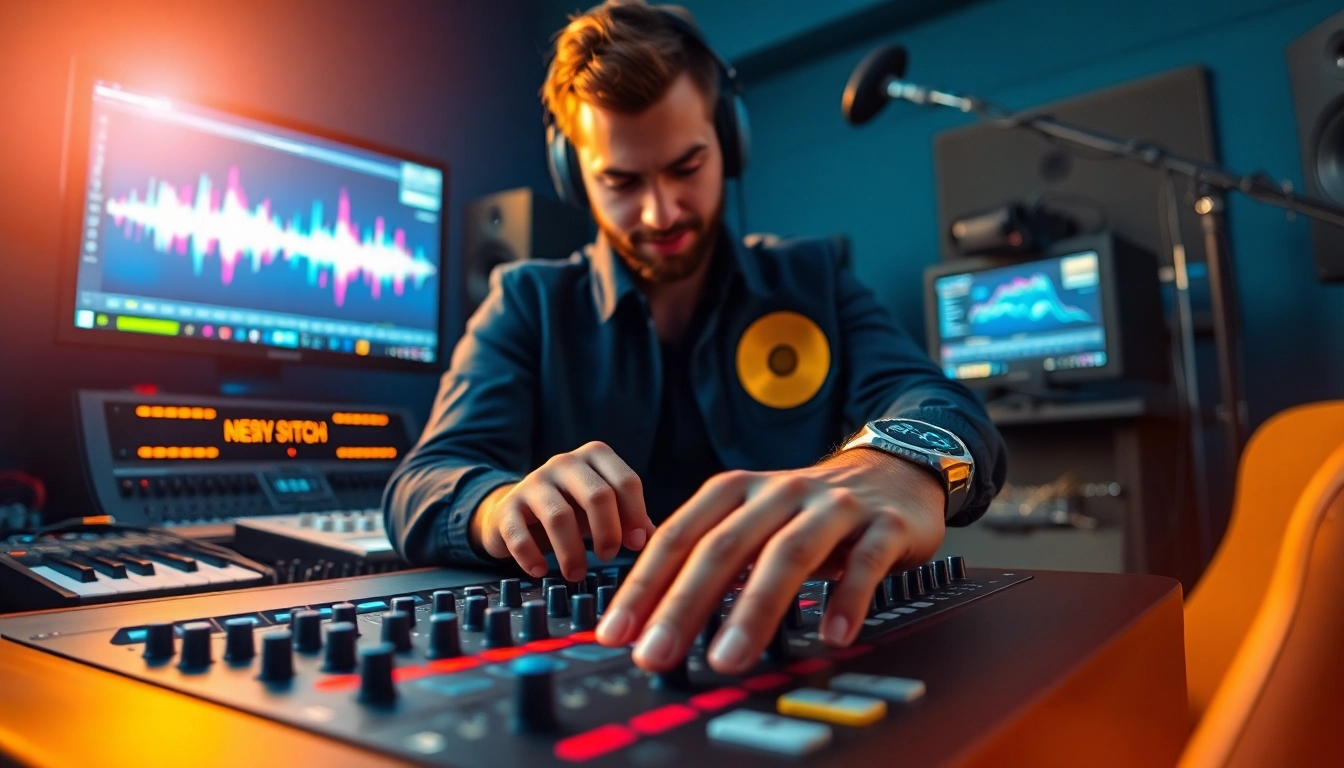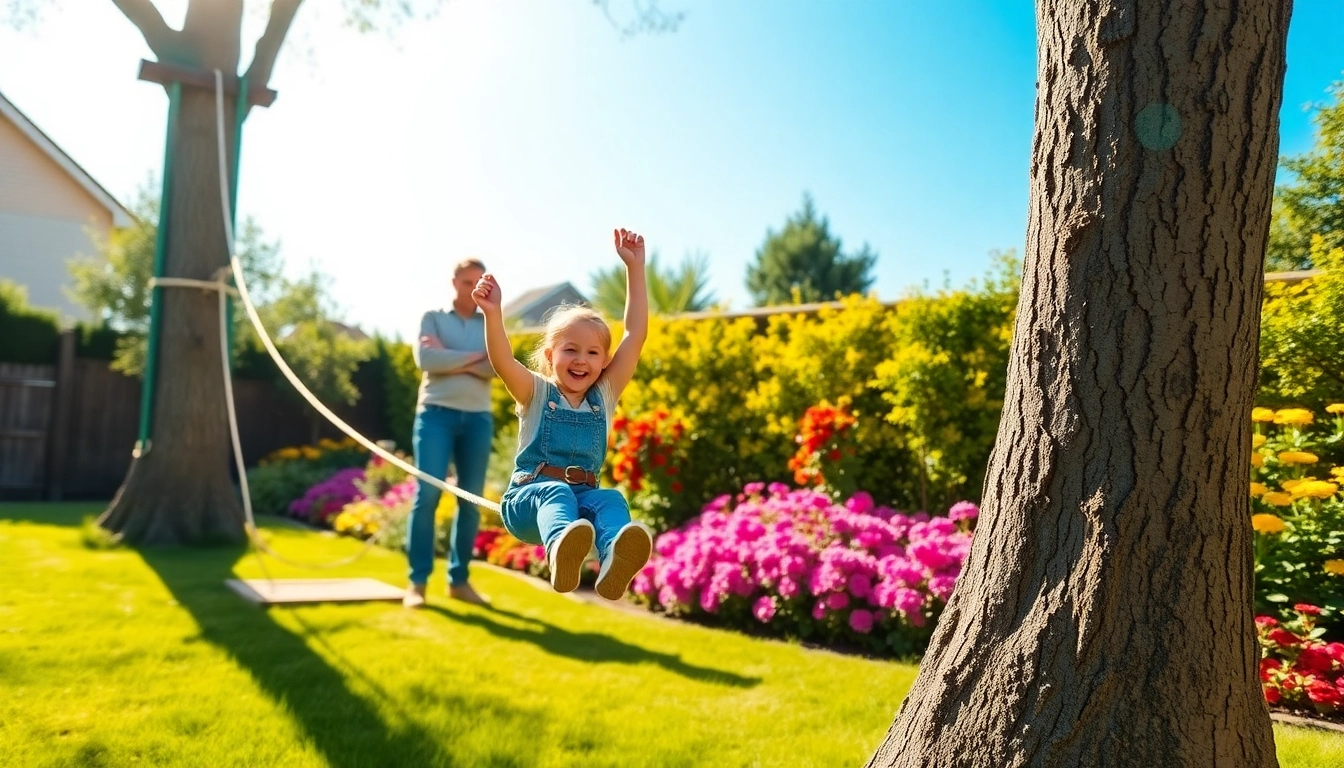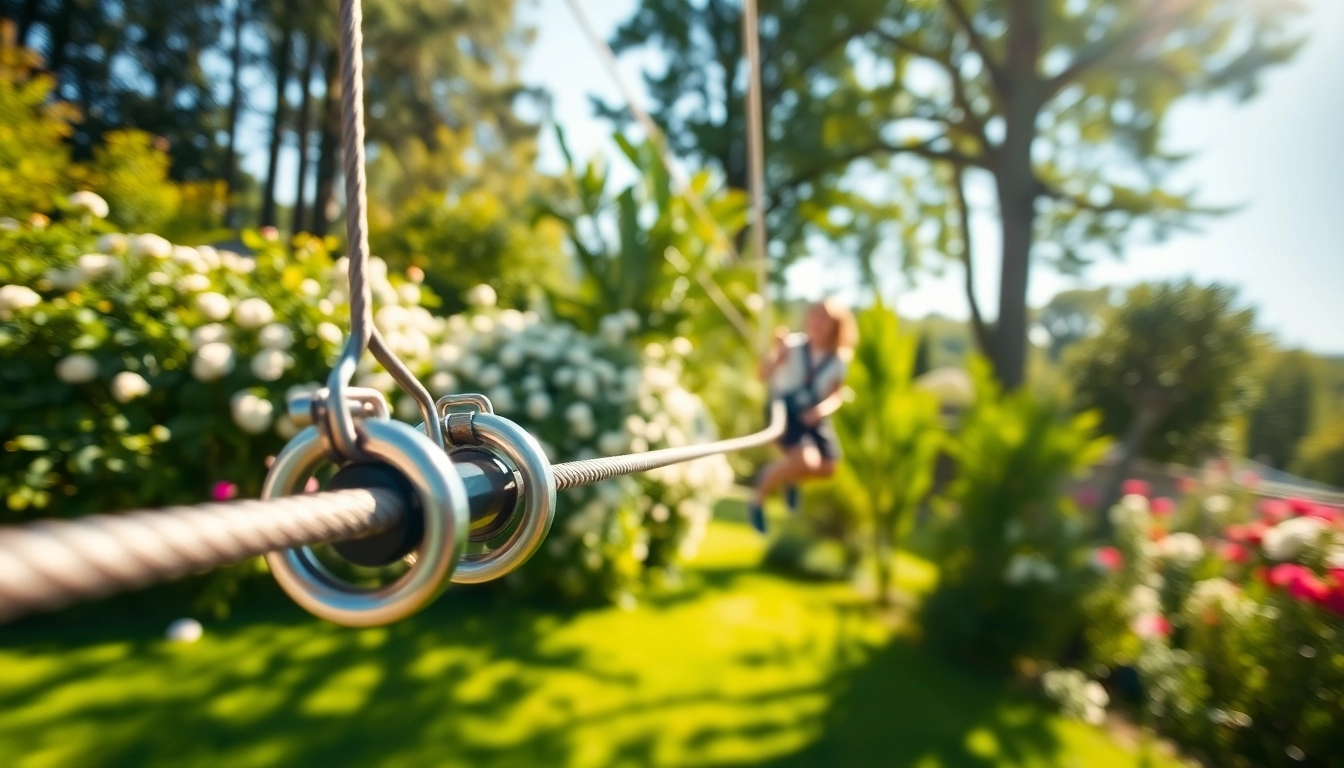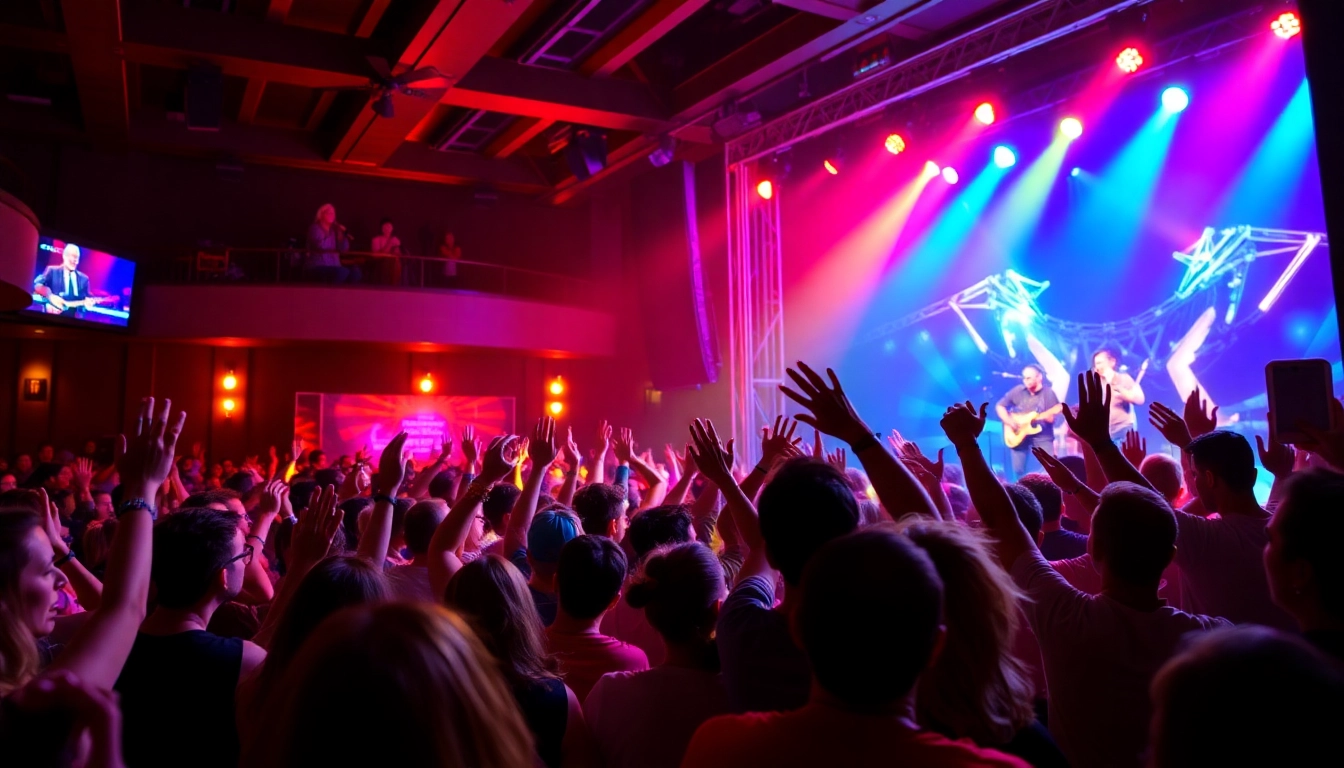
Understanding the Passion of Live Music Fans
The allure of live music is an experience that captivates millions worldwide. From the vibrant energy shared between artists and the audience to the mesmerizing ambiance of a packed venue, live music offers a unique thrill unmatched by recordings. Live Music Fans embody this passion, comprising diverse groups bonded by their love for performances that resonate emotionally and socially.
What Drives Live Music Fans?
The driving forces behind the fervor of live music fans vary significantly but can be broadly categorized into emotional, social, and cultural factors. Many fans pursue the thrill of experiencing favorite artists in person, creating memories that last a lifetime. The joy of seeing a beloved band thrive on stage fosters a communal spirit that is difficult to replicate through other mediums.
Additionally, the social aspect of sharing experiences with fellow fans can enhance enjoyment. Many concert-goers anticipate the thrill of uniting with others who share their musical inclinations, transforming individual experiences into collective memories. This sense of belonging strengthens the bond music fans have not only with the artists but also with one another.
Common Traits of Devoted Concert-Goers
Devoted concert-goers often share several common traits. Firstly, they display a deep knowledge of their chosen genres, bands, and artists. This knowledge often translates into extensive dedication, illustrated through behaviors like collecting memorabilia, following artists on social media, and joining fan clubs. Additionally, they are likely to attend multiple shows, regardless of location, demonstrating their commitment to experiencing live performances as often as possible.
Moreover, they exude an adventurous spirit, willing to explore new genres and support emerging artists while remaining loyal to their favorites. Flexibility becomes a part of their culture; an invitation to a surprise concert can see them ready on short notice. Individuality also plays a role, with fans often expressing their identity through fashion, song choices, and concert rituals.
The Emotional Connection to Live Music
Live music induces profound emotional responses in listeners. Many concert-goers describe euphoric sensations overpowering them when artists perform cherished songs. Lyrics, melodies, and rhythms evoke memories, ideas, and feelings—often leading to cathartic experiences that unite audiences.
Furthermore, the sense of vulnerability exhibited by artists fosters empathy. Witnessing performers pour their hearts into their music resonates with the audience, sparking connections between the stage and the crowd. This synergy allows fans to understand the artist’s emotions, while experiencing their own feelings more vividly.
Essential Elements for Thrilling Concert Experiences
Stage Setup and Visual Impact
Stage design is a significant component of creating an unforgettable concert experience. The aesthetic appeal of a stage can heighten the concert atmosphere, reflecting the artistry of the performer. Elements such as lighting design, visual effects, and backdrops leave lasting impressions on concert-goers.
For instance, elaborate light shows synchronized with the music can elicit emotional responses, enhancing the storytelling aspect of the performance. Successful concerts often meld technology with creativity, using innovative stage setups that captivate and engage audiences. Additionally, stage layouts that foster direct interaction between the artist and the crowd lead to invigorating experiences that draw fans further into the moment.
Sound Quality: A Key to Happy Live Music Fans
Excellent sound quality is paramount in any live music event, as it significantly impacts the audience’s overall enjoyment. The experience can be drastically diminished with poor acoustics, causing fans to leave feeling unsatisfied. Therefore, investing in high-quality sound equipment during concerts is essential.
Moreover, sound engineers play a pivotal role in achieving an optimal auditory experience. Their job is to ensure all vocals and instruments are balanced, delivering crisp and clear sound. When fans can hear every note and lyric accurately, it enhances their emotional experience and fosters a deeper connection to the performance.
Creating an Engaging Atmosphere
Creating an engaging atmosphere extends beyond the immediate vicinity of the stage. Considerations like venue ambiance, crowd interaction, and the overall vibe contribute significantly to fan gratification. Venues that promote artistic culture through decor and themes resonate with audiences deeply, enhancing the emotional experience of the performance.
Furthermore, promoting crowd interaction—whether through call-and-response segments, encouraging participation in sing-alongs, or providing opportunities for fans to engage with performers—fosters a sense of inclusivity. A concert not only builds a brand for the artist but also cultivates community among fans, making them feel valued and connected.
Building Community Among Live Music Fans
Leveraging Social Media to Connect
In today’s digital age, social media acts as a vital tool for building and maintaining community among live music fans. Platforms like Instagram, Twitter, and Facebook enable fans to connect, share experiences, and stay updated on upcoming performances.
Artists and bands can harness these platforms to create meaningful engagement with followers, announcing tour dates, sharing behind-the-scenes content, and fostering a sense of belonging. Fans benefit from engaging in conversations, organizing group outings to live shows, and celebrating their shared love for music with others online.
Organizing Meetups and Fan Events
In-person meetups and fan events serve to strengthen communal bonds within local music scenes. These gatherings may take the form of listening parties, album release events, or informal hangouts, offering fans opportunities to connect and share their passion. They also allow devoted fans a chance to form friendships, creating networks of support that extend beyond the music itself.
Moreover, venues can capitalize on this trend by hosting events tailored specifically to fan communities. This initiative drives engagement and establishes a sense of loyalty between the venue, artists, and fans, thereby developing a well-rounded ecosystem where everyone feels heard and valued.
Supporting Local Music Scenes
Supporting local music scenes is crucial in building community among live music fans. Fans can contribute through attending local gigs, promoting smaller artists, and participating in grassroots initiatives. These actions create ripple effects; local venues thrive, artists gain recognition, and communities foster cultural richness.
Merging local and global music experiences garners interest and creates a unique blend of cultures that can be celebrated at concerts. Ultimately, nurturing local music scenes strengthens the fabric of the wider musical community and cultivates a greater appreciation for a diverse array of genres.
Marketing Strategies to Attract Live Music Fans
Effective Promotion Across Platforms
To attract live music fans successfully, an understanding of modern marketing strategies is essential. Multichannel promotion, utilizing platforms such as social media, email newsletters, and official websites, increases visibility and awareness of upcoming events. Engaging content—ranging from teaser videos to artist interviews—fuels excitement and anticipation among fans.
Additionally, leveraging targeted ads on social media platforms can identify specific demographics most likely to attend concerts. Tailoring promotional campaigns to various fan segments can lead to higher ticket sales and encourage group attendance at concerts, enhancing the sense of community.
Collaborating with Influential Artists
Partnering with influential artists can play a pivotal role in promoting live music events. Collaborations with artists who have established fan bases can generate buzz and excitement around particular shows. When fans sense a collaboration or union of popular artists, it can pique their curiosity, garnering attention and potentially expanding audiences.
Furthermore, involving influencers with dedicated followers to promote events through authentic content can enhance engagement authenticity. When fans perceive shared interests and values, the likelihood of attending live performances increases significantly.
Engagement Tactics for Merchandise Sales
Merchandise sales provide additional revenue streams for artists and events. Engaging fans through unique and limited-edition items can significantly boost sales. Successful practices include offering exclusive concert bundles, where fans can purchase merchandise alongside tickets, thereby maximizing the value of their experience.
Social media contests and giveaways incentivizing fans to share their experiences can also enhance merchandise visibility and desirability. Creativity is vital—providing fans with wearable memorabilia like T-shirts or hats perpetuates connection with the artist long after the concert is over.
Measuring Success with Live Music Fans Engagement
Key Performance Indicators for Fan Interaction
To assess the success of strategies aimed at live music fans, it’s vital to track key performance indicators (KPIs) that gauge fan interaction and engagement. Metrics such as ticket sales, merchandise purchases, attendance rates, and social media engagement levels can inform the effectiveness of marketing strategies and community activities.
Additionally, analyzing demographic data not only elucidates the types of fans attending events but can also guide future promotions and artist selections to align better with audience expectations.
Surveys and Feedback: Understanding Fan Needs
Surveys yield invaluable insights into the preferences, suggestions, and concerns of live music fans. Implementing brief post-concert feedback forms provides an opportunity for valuable audience reflections, reinforcing the importance of listener engagement. Such feedback can lead to actionable strategies that enhance the overall concert experience, paving the way for more fan-friendly policies.
Surveys can also gauge interest in particular genres, artists, and types of events, offering valuable guidance in refining programming decisions that cater to fan preferences. This iterative process illuminates pathways to continually grow patron loyalty.
Adapting Strategies Based on Metrics
The ultimate measure of success lies in the ability to adapt strategies according to metrics gathered through engagement activities. Analyzing trends and drawing lessons from past performances support ongoing improvement. Concert organizers and artists should stay receptive to changing fan preferences, iteratively refining approaches targeted toward enhancing experiences and satisfaction.
By continuously optimizing the concert experience based on audience feedback, venues cultivate loyalty among fans, ultimately leading to a thriving environment that encourages consistent attendance and vibrant community involvement.
